Psychology
Introducing key terms
Deciding on a research question





Read the words and discuss what you think they might mean before revealing the definition.